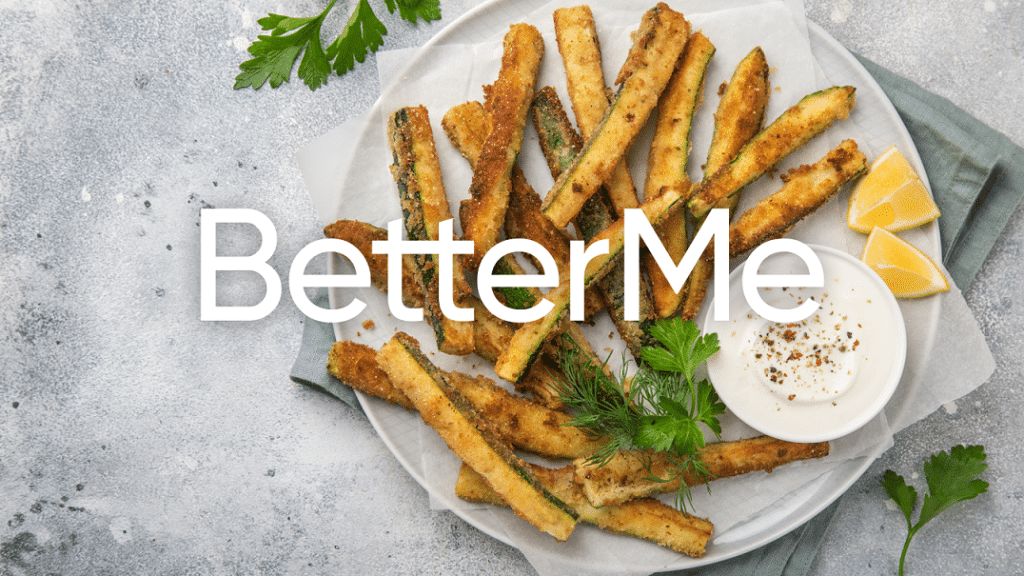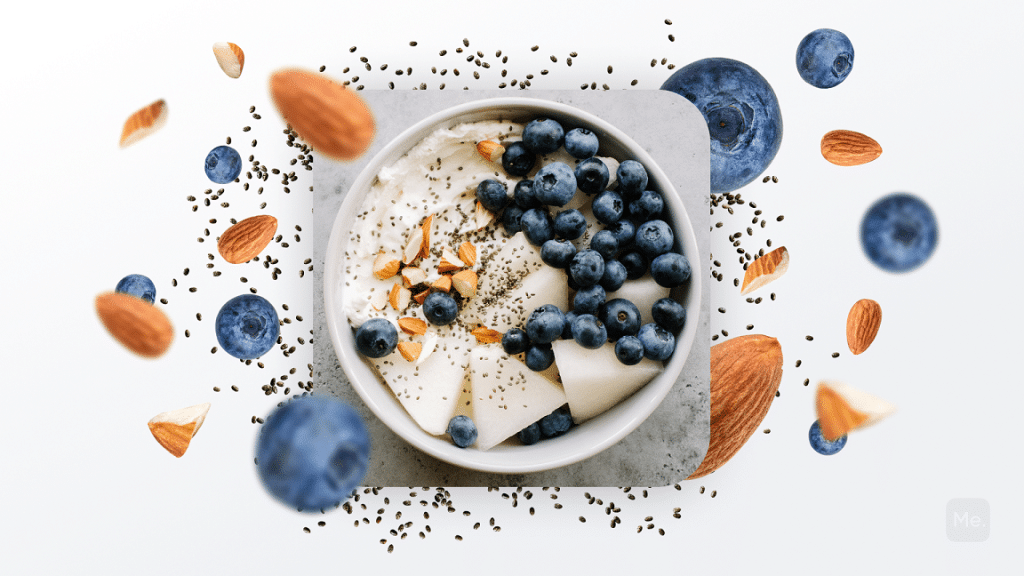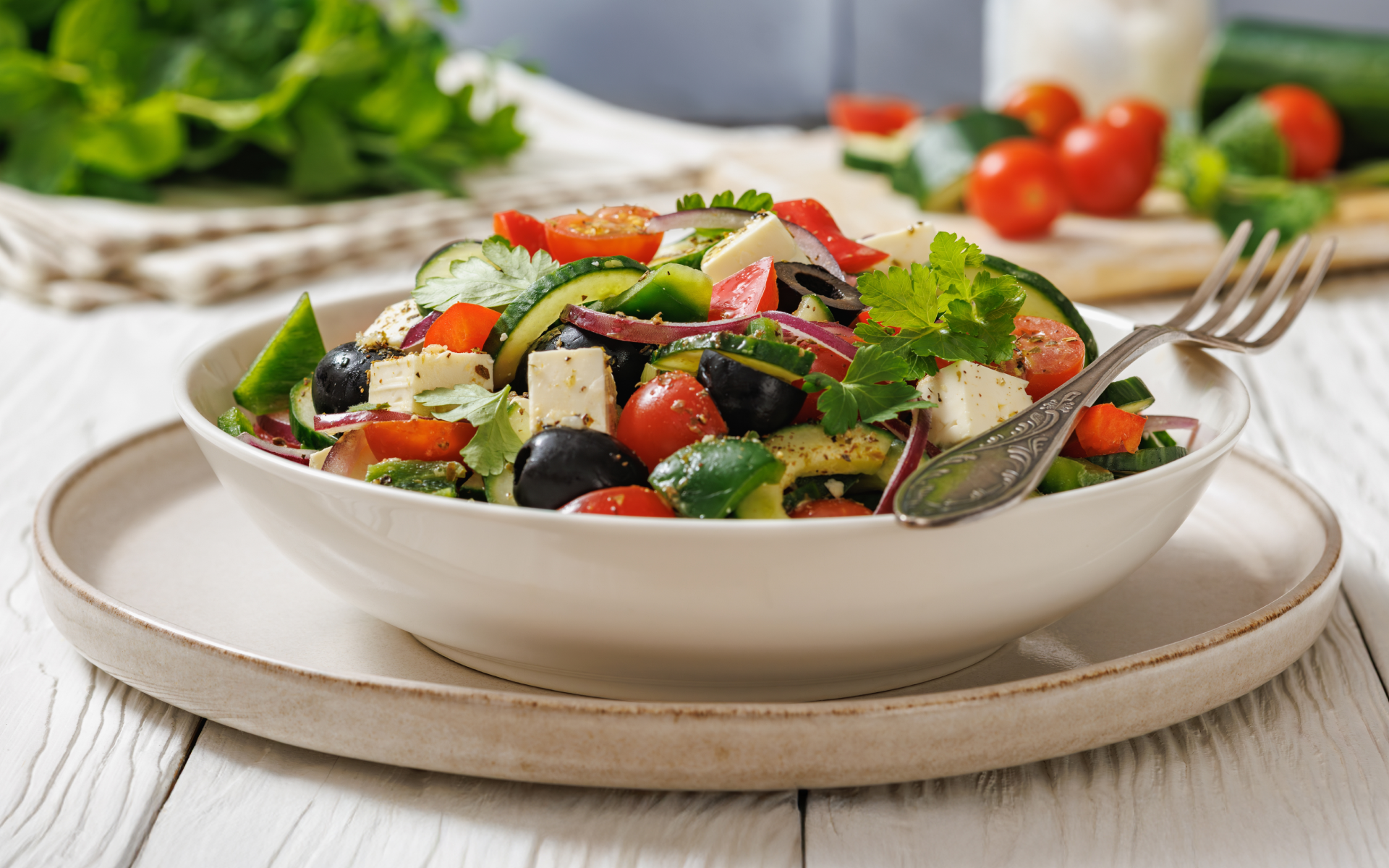Religion is a fundamental part of many people’s lives– this also means that dietary guidelines can differ drastically based on religious beliefs. A Halal diet follows the dietary guidelines prescribed by the Muslim faith (5). There are many specific requirements and restrictions to consider, but in general, a Halal diet focuses on consuming what are considered pure and wholesome foods. Here we will outline some of the most important aspects of a Halal diet, as well as provide some tips for following one yourself.
What Is Halal?
Halal is an Arabic word that refers to anything permissible under Islamic law. In terms of food, Halal refers to any item that is fit for human consumption and does not contain any pork products or alcohol (5).
There are a few general guidelines that all Muslims should follow when following a Halal diet:
- All foods must be clean and pure. This means that they must be free of contaminants, including pork products and alcohol.
- Meat must be slaughtered in a specific way, known as Zabiha.
- Food additives, such as coloring agents and preservatives, must also be Halal.
- Animal by-products, such as gelatin and rennet, must come from Halal sources.
- Foods must be prepared cleanly and hygienically.
What Can You Eat On A Halal Diet?
Just because something is Halal doesn’t mean it has to be boring! There are many delicious and nutritious foods that you can enjoy on a Halal diet.
Here are some of the most popular options (4):
Vegetables
All vegetables are considered Halal, so feel free to indulge in your favorites.
Fruits
Like vegetables, all fruits are considered permissible. Be sure to enjoy a variety of different fruits for the best nutritional benefits.
Poultry
Poultry such as chicken, duck, and turkey can be Halal, but only if they are slaughtered according to Zabiha guidelines. This ensures that the meat is permissible under Islamic law. When buying poultry, look for Halal certification or check with the supplier to confirm it meets these requirements. Poultry that has not been slaughtered according to Zabiha standards is considered haram (not permissible).
Meat
Halal meat must be slaughtered in a specific way, so it is important to check the label list before purchasing. Halal meats include beef, lamb, and goat.
Read More: 30 Best Immune-Boosting Foods To Add To Your Diet
Seafood
All seafood is considered permissible, including fish, shrimp, and crab.
Dairy And Eggs
Halal dairy products must come from animals that are milked using a traditional method, not machines. Halal dairy products include milk, yogurt, and cheese.
All eggs are considered permissible.
Legumes And Nuts
Halal legumes include beans, lentils, and chickpeas.
All nuts are considered permissible, except for those roasted with lard.
Spices
All spices are considered permissible, except those that contain alcohol.
Grains
Halal grains include wheat, barley, and oats.
Sweets And Candies
Halal sweets and candies are available at most supermarkets. Do not forget to check the ingredients list to make sure that no pork products (such as gelatin) were used in the manufacturing process.
If you wish to free yourself from all the extra pounds that have been weighting you down for way too long, start using the BetterMe app and overhaul your entire life!
What Can’t You Eat On A Halal Diet?
Haram, which is the Arabic word for forbidden, refers to anything that is not permissible under Islamic law.
There are a few items that are not allowed on a Halal diet, including (2):
Pork Products
Pork is considered unclean and is, therefore, not allowed in a Halal diet.
Alcohol
Alcohol is also considered unclean, thus, not allowed in a Halal diet.
Non-Halal Meat
Meat that has not been slaughtered in a specific way is considered unclean, therefore, not allowed in a Halal diet.
Animal By-Products
Animal by-products such as gelatin and rennet must not come from non-halal sources. Blood is not halal and food must not be contaminated with it.
Foods Prepared With Unclean Ingredients
Foods that are not prepared in a clean and hygienic manner are considered unclean and are therefore not allowed in a Halal diet.
Foods With Added Alcohol
Foods that contain any amount of alcohol are not allowed in a Halal diet.
Read More: What Is The Best Diet For Indigestion? How To Manage Your Symptoms With Food
What Is Zabiha?
Zabiha is the Islamic ritual of animal slaughter and is one of the most important aspects of a Halal diet. The goal of Zabiha is to ensure that the animal is killed humanely and that all the blood is drained from its body (3).
There are a few specific guidelines that must be followed when performing Zabiha:
- The animal must be conscious when it is slaughtered.
- The animal must be slaughtered with a sharp blade.
- The animal’s throat must be cut swiftly and deeply.
- The animal’s blood must be drained from its body.
- The animal must be slaughtered in the presence of a Muslim.
- The animal must not be slaughtered in the presence of other animals.
- The animal must not see the blade that is going to be used to slaughter it.
- The blade must be clean, without blemish, and free of blood.
- The animal must be slaughtered humanely.
Why Is Zabiha Important?
Zabiha is important because it ensures that the meat is lawful for consumption under Islamic law. It also helps ensure that the meat is fresh and has not been contaminated with blood (3). By following the guidelines of Zabiha, Muslims can be sure that they are eating food that is both healthy and lawful.
What Is Halal Certification?
Halal certification is a process that is used to verify that a product is Halal. The goal of halal certification is to ensure that the products that are sold to Muslim consumers are free from pork and alcohol (6).
There are a few different organizations that offer halal certification, including the Islamic Food and Nutrition Council of America (IFANCA) and the Muslim Consumer Group (MCG) (1).
Halal certification helps ensure that the products are of high quality and meet the standards of Islamic law. By using halal-certified products, Muslims can be sure that they are consuming food that is both healthy and lawful.
Yanking yourself back in shape has never been so easy with our game-changing fitness app! Start transforming your life with BetterMe!
How To Follow A Halal Diet?
If you are interested in following a Halal diet, there are a few things that you can do to make it easier:
Learn To Read Labels
The best way to ensure that a product is Halal is to learn how to read the labels. All of the ingredients in a product must be listed on the label, so you can easily see if there are any which are not allowed in a Halal diet.
Look For Halal Certification
If you are not sure whether or not a product is Halal, you can look for the halal certification seal. This seal will guarantee that the product has been certified as Halal by a reliable organization.
Subscribe To A Halal Food Service
If you don’t have time to prepare your Halal meals, you can subscribe to halal food service. This service will provide you with pre-packaged, Halal meals that are ready to eat.
Avoid Pork And Alcohol
The easiest way to stay on track with a Halal diet is to avoid pork and alcohol. These two ingredients are not allowed in a Halal diet, so they are easy to avoid.
Be Wary Of Processed Foods
Processed foods often contain unclean ingredients, so it might be better to avoid them if you are trying to follow a Halal diet. Instead, try to eat fresh, whole foods that are Halal-friendly.
Cook At Home
The best way to ensure that you are eating Halal food is to cook at home. This way, you can control the ingredients that are used in your food.
Halal Substitution Ideas
If you are having a hard time finding Halal products, there are a few substitution ideas for you, such as using:
- Beef or lamb instead of pork;
- Olive oil or vegetable broth instead of butter or margarine;
- Coconut milk, almond milk, or soy milk instead of dairy milk;
- Spelt, quinoa, or brown rice instead of wheat;
- Hummus, tahini, or baba ganoush instead of mayonnaise;
- Dates, figs, or prunes instead of candy or chocolate;
- Sparkling water or fruit juice instead of alcohol; and
- Fruit pectin or agar-agar instead of gelatin.
The Bottom Line
The Halal diet is a simple way of eating that follows the guidelines set by Islamic law. By following a Halal diet, Muslims can be sure that they are eating food that is both healthy and lawful.
Following a Halal diet can be a bit challenging, but with a little bit of effort, it is doable. By learning to read labels, looking for halal certification, and cooking at home, you can guarantee that everything you eat is compliant with Islamic law. In addition, there are a few substitution ideas that can help.
DISCLAIMER:
This article is intended for general informational purposes only and does not serve to address individual circumstances. It is not a substitute for professional advice or help and should not be relied on for making any kind of decision-making. Any action taken as a direct or indirect result of the information in this article is entirely at your own risk and is your sole responsibility.
BetterMe, its content staff, and its medical advisors accept no responsibility for inaccuracies, errors, misstatements, inconsistencies, or omissions and specifically disclaim any liability, loss or risk, personal, professional or otherwise, which may be incurred as a consequence, directly or indirectly, of the use and/or application of any content.
You should always seek the advice of your physician or other qualified health provider with any questions you may have regarding a medical condition or your specific situation. Never disregard professional medical advice or delay seeking it because of BetterMe content. If you suspect or think you may have a medical emergency, call your doctor.
SOURCES:
- ” HALAL LAWS “: From Conception to Current Challenges (2016, researchgate.net)
- GENERAL GUIDELINES FOR USE OF THE TERM “HALAL” (1999, fao.org)
- Halal Criteria Versus Conventional Slaughter Technology (2019, mdpi.com)
- Halal Food – an overview | ScienceDirect Topics (n.d., sciencedirect.com)
- Religion, science and markets. Modern halal production, trade and consumption (2008, ncbi.nlm.nih.gov)
- Strategic Approach to Halal Certification System: An Ecosystem Perspective – ScienceDirect (2014, sciencedirect.com)













